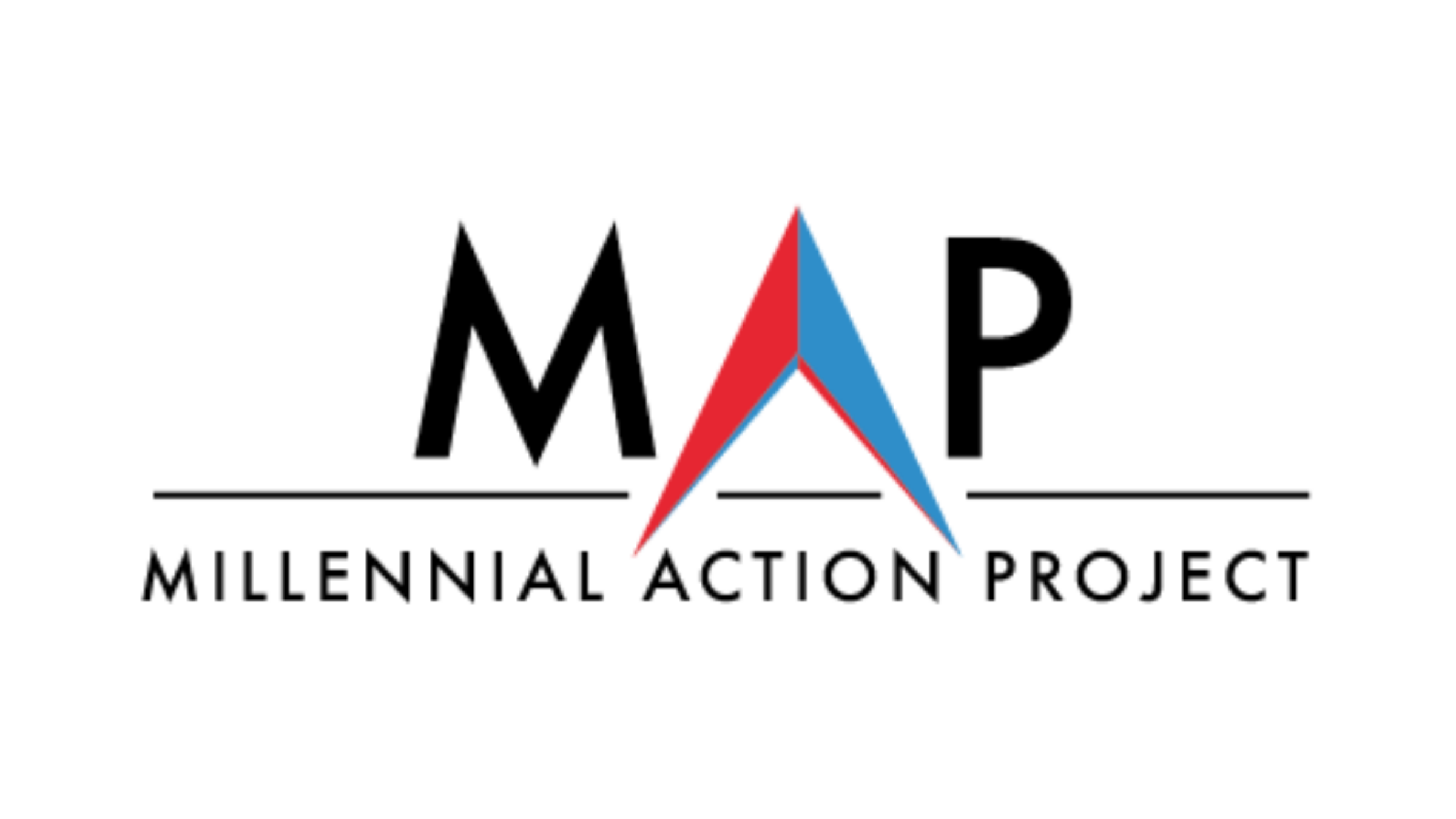Remote Governing Policies Needed as Legislatures Shut Down Amidst COVID-19 Crisis
March 20, 2020
Failure to adopt telework-friendly policies leave legislators’ hands tied at a time when constituents need their government most

FOR IMMEDIATE RELEASE
March 19, 2020
PRESS INQUIRIES:
Stacy Lewis
Failure to adopt telework-friendly policies leave legislators’ hands tied at a time when constituents need their government most
WASHINGTON, DC — Amidst the coronavirus pandemic, legislators are struggling to find ways to continue to safely and effectively carry out their jobs as public servants, since most legislatures have no policy in place to allow legislators to work remotely. While the lack of infrastructure to support core functions digitally has forced some legislatures to suspend their sessions or end early, still others have continued business as usual. As a result, many legislators are unable to carry out their legislative duties, and others are left unable to follow the social distancing recommendations from the Centers for Disease Control (CDC) and World Health Organization (WHO).
To date, nineteen state legislatures have suspended or shortened sessions because they lack the legislative rules and/or the technology to carry on remotely. In the State Future Caucus Network: New Hampshire, Colorado, Connecticut, and Mississippi have suspended their sessions, and Maryland has adjourned early. In Congress, legislators like Congressional Future Caucus member Rep. Ben McAdams have tested positive for COVID-19 and are forced to self-isolate, pausing their ability to serve the public and spurring conversation about working remotely at the congressional level.
“In the midst of the chaos and uncertainty, what’s becoming clear is how ill-prepared legislatures are to rapidly adopt modern technology in order to maintain a continuity of operations,” said Layla Zaidane, Executive Director and Chief Operating Officer of the Millennial Action Project (MAP). “Our Future Caucus leaders are doing all they can to provide relief and security to their constituents; however, they are limited by a — sometimes total — lack of digital infrastructure to adapt to social distancing. We urge legislatures to consider important investments in technology and critical rules changes in order to allow hearings, debates, and votes, to temporarily occur remotely in times of crisis.”
Many organizations across the country, including our team at MAP, are lucky. Because of telework-friendly policies, modern technology, and digital infrastructure, these organizations are able to adapt quickly and continue business as usual from the comfort and isolation of their homes. However, the legislators and legislatures we work with — the Future Caucus Network — do not share this same luxury. Despite the barriers, MAP’s Future Caucus leaders are showing extraordinary resilience and innovation by leveraging social media — in many cases from their phones — to continue supporting their constituents.
“We hope others recognize this unfortunate situation as a systemic weakness: our nation’s public servants lack the resources to serve the public when it’s needed most,” Zaidane observed. “While we must in this moment prioritize implementing measures to stop COVID-19, we must simultaneously address the immediate challenges to modernizing our legislatures and other systemic barriers to support safe, transparent, and rapid public policymaking.”
EDIT: As of 3/21/2020 the media statement has been edited to reflect that we removed Florida from the list of suspended states, as they ended up extending their session.
About the Millennial Action Project
The Millennial Action Project (MAP) is a national, nonpartisan 501(c)(3) organization dedicated to activating young policymakers to bridge the partisan divide and lead a new era of collaborative governance. In 2013, MAP organized America’s first-ever bipartisan caucus for young members of Congress, the Congressional Future Caucus. Shaping the next generation of leadership, MAP’s Future Caucus Network has expanded into nearly 30 state legislatures and grown into the largest nonpartisan organization of millennial elected officials in the U.S.
###
Media Contact: Stacy Lewis at [email protected]






Join 1,900+ BIPARTISAN LEADERS NATIONWIDE
Be a part of a network of lawmakers committed to governing effectively, passing more representative public policy, and increasing public trust in democracy.